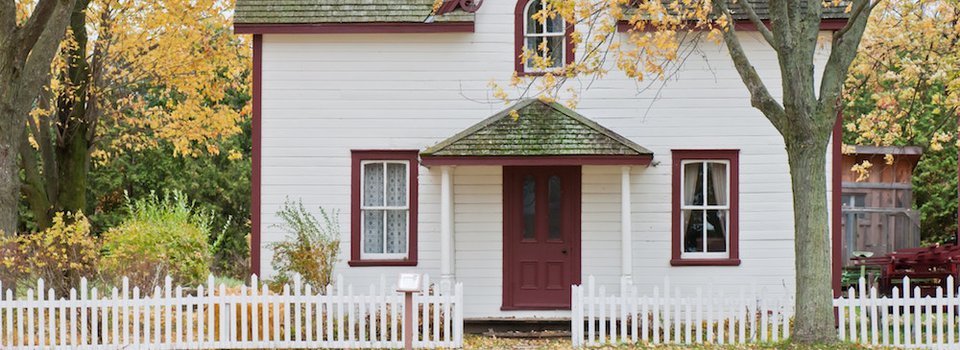Do you know your rights as a renter? Many students don’t. Here are a few rights you have renting off-campus:
1. Beginning and ending a tenancy
When renting a place, you will sign a lease agreement with your landlord. This should include the start and end date of your tenancy, contact information for the landlord, responsibility for maintenance, insurance requirements, and other rules that you, the renter, have to follow.
Within one week of the start of the tenancy, you and your landlord will conduct an inspection. You will also conduct an inspection within one week of the tenancy ending. You are entitled to a copy of the inspection report.
If you need to move out before the end of your lease agreement, your landlord has to consent to breaking the lease. If they don’t consent, you are legally allowed to sublet to another person for the rest of your lease provided you give the landlord 14 days’ notice. The only reason a landlord can reject a subletter is if there are issues with the subletter, like if they fail a credit check.
2. Security deposits and repairs
Landlords can ask for a security deposit at the start of your tenancy, which can’t be higher than one month’s rent. The security deposit must be returned within 10 days of the end of your tenancy. The landlord can deduct some or all of the deposit for damage to the unit that goes beyond regular wear-and-tear, like stains on the carpet or a dent in the wall. If one of the inspections hasn’t been done, the landlord can’t legally keep your deposit.
The landlord must handle any issues that include heating, wiring, plumbing, appliances, lighting, garbage, and the building’s structure. To make repairs, landlords have to give at least 24 hours notice in writing that they’ll enter the premises.
3. Disputes with your landlord or roommates
If you believe that your landlord is breaking the lease or breaking legislation (like the Public Health Act or the Minimum Housing and Health Standards), you can access one of two services: the Residential Tenancy Dispute Resolution Service, or the Provincial Court. The Dispute Resolution Services lets tenants and landlords resolve issues out of court with the help of a mediator.
If you have a dispute with your roommates, you can’t access either of the above services. You’ll have to deal with issues on your own. It's a good idea for roommates to create their own roommate contract that covers roommates’ responsibilities to make dispute resolution easier.
4. Rent, rent increases, and evictions
You as a renter are legally required to pay rent on time. Your landlord does have the right to raise rent once per year, and must give you written notice of a rent increase at least 3 months before the rent increase will take effect.
If you have broken the lease agreement, been a disturbance to other residents, or done anything illegal in your home, your landlord has the right to evict you. They have to give 14 days’ notice in writing. You have the right to argue your eviction by sending your landlord an objection notice before those 14 days are up. From there, the landlord would have to apply to the Dispute Resolution Service or the Court to end your tenancy.
These are just a few key rights and responsibilities that renters have in Alberta. Keep in mind that these rights don’t apply to students living in University residences; students in residence have to follow the rules outlined in their rental agreement with the University. More information on renters’ rights off-campus can be found at www.landlordandtenant.org.
Victoria deJong is a fourth-year Political Science student and a Research Analyst for the University of Alberta Students’ Union. Questions, comments, and concerns about this article can be directed to victoria.dejong@su.ualberta.ca.


